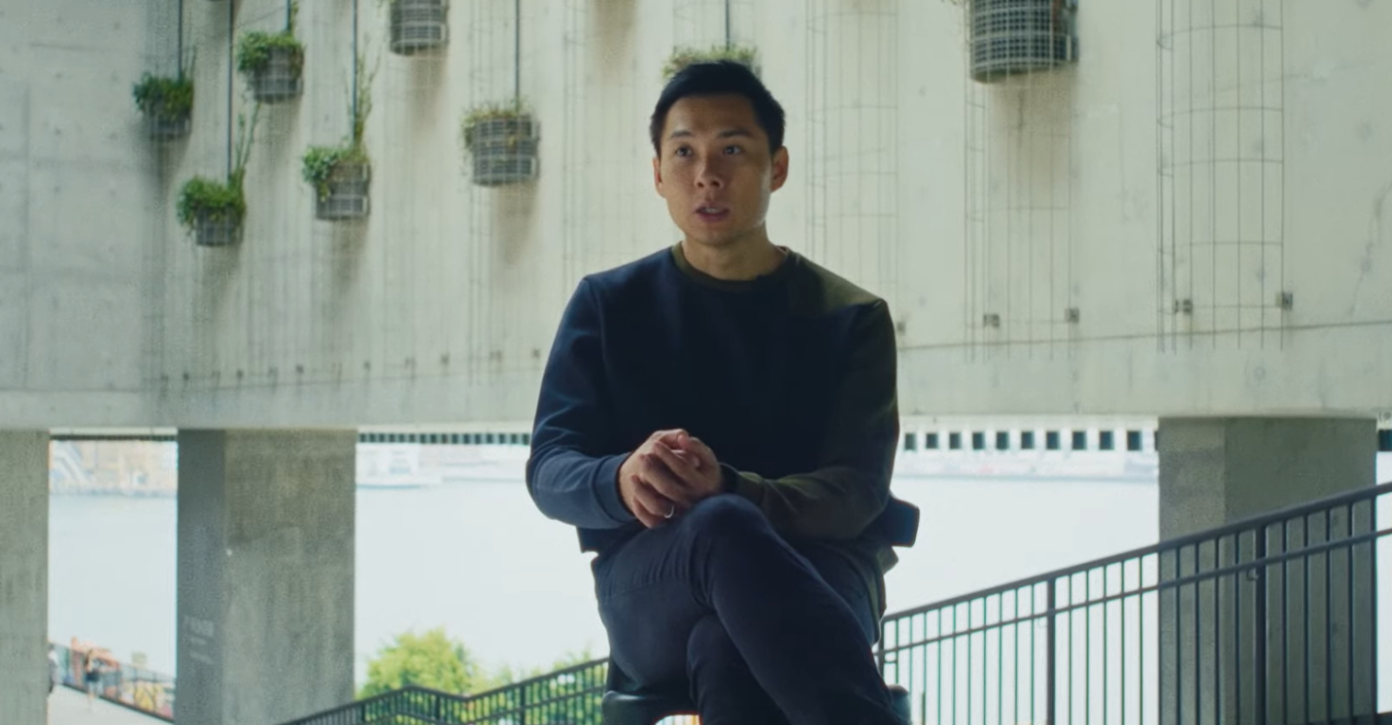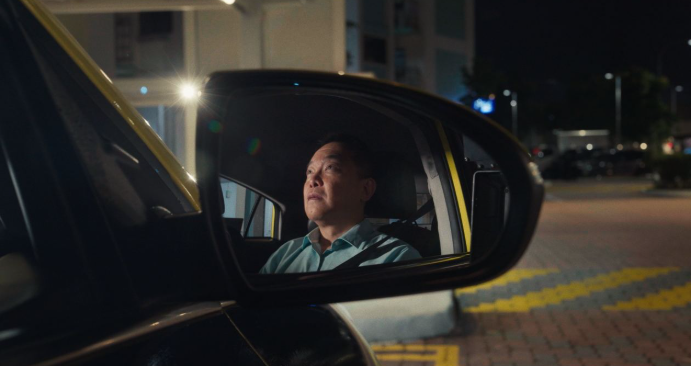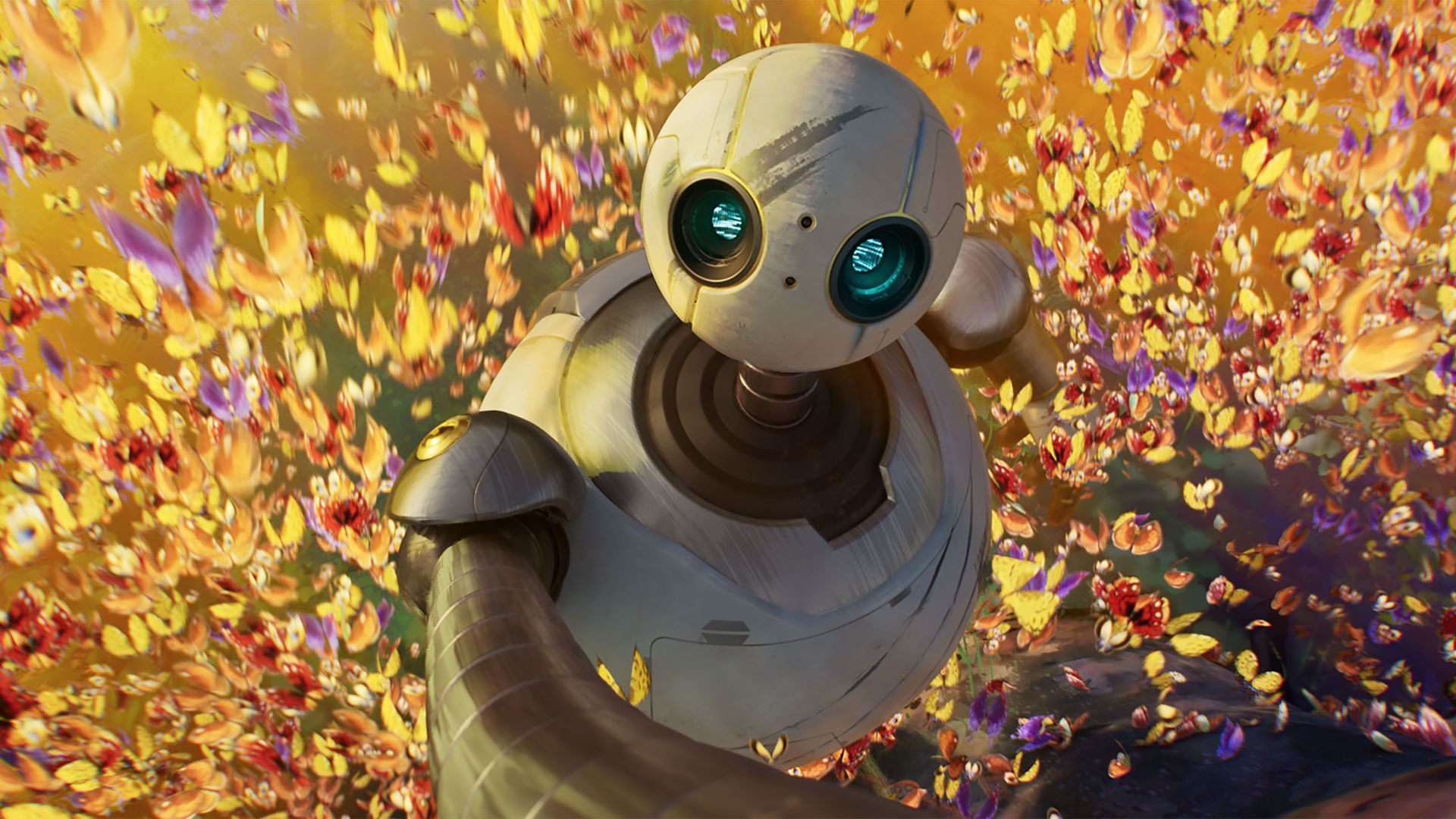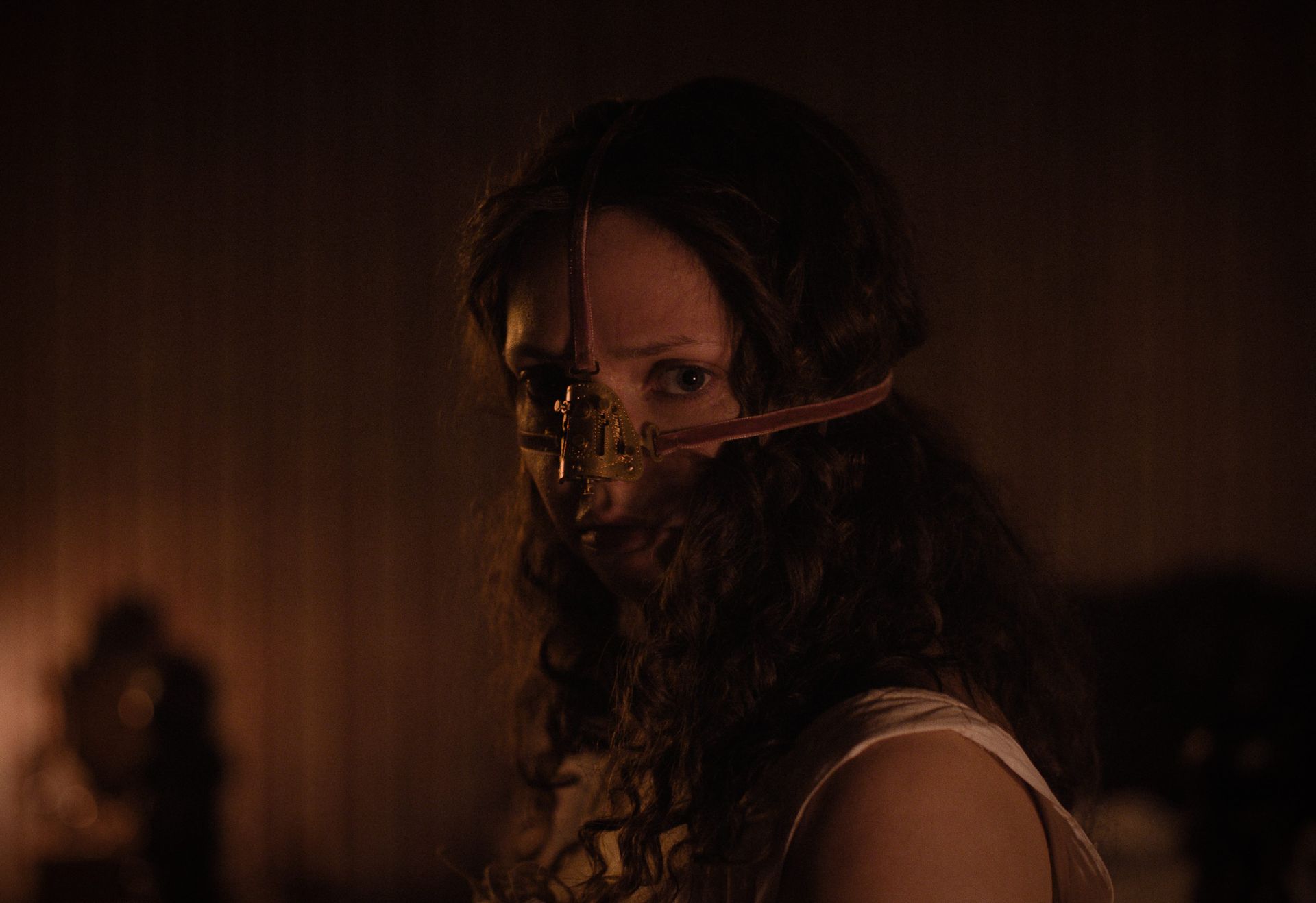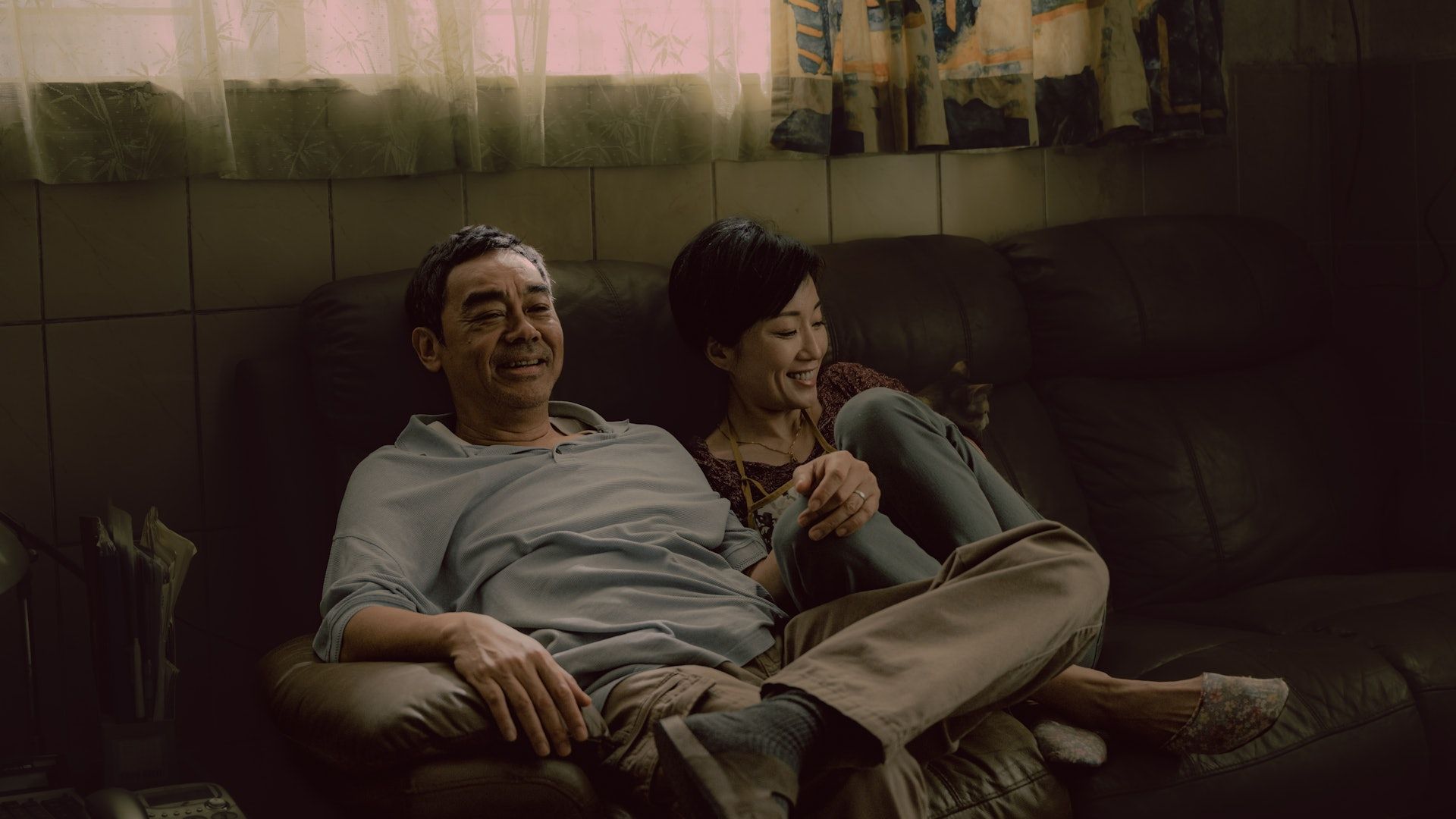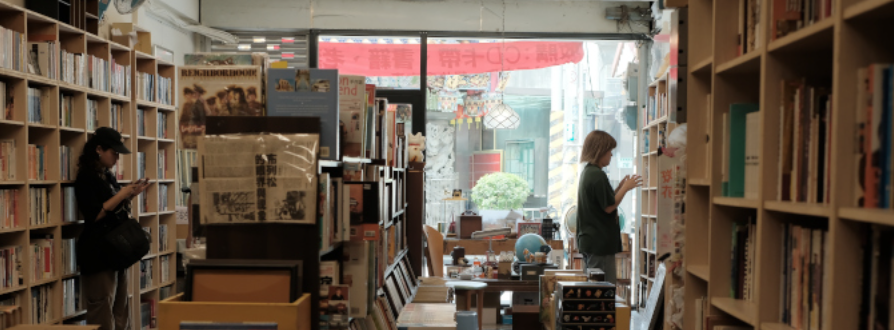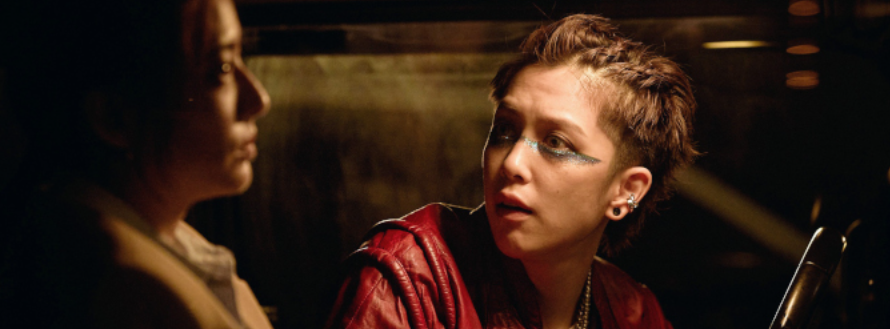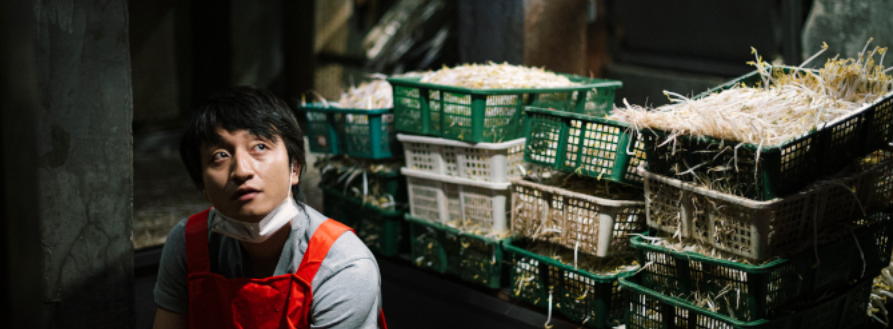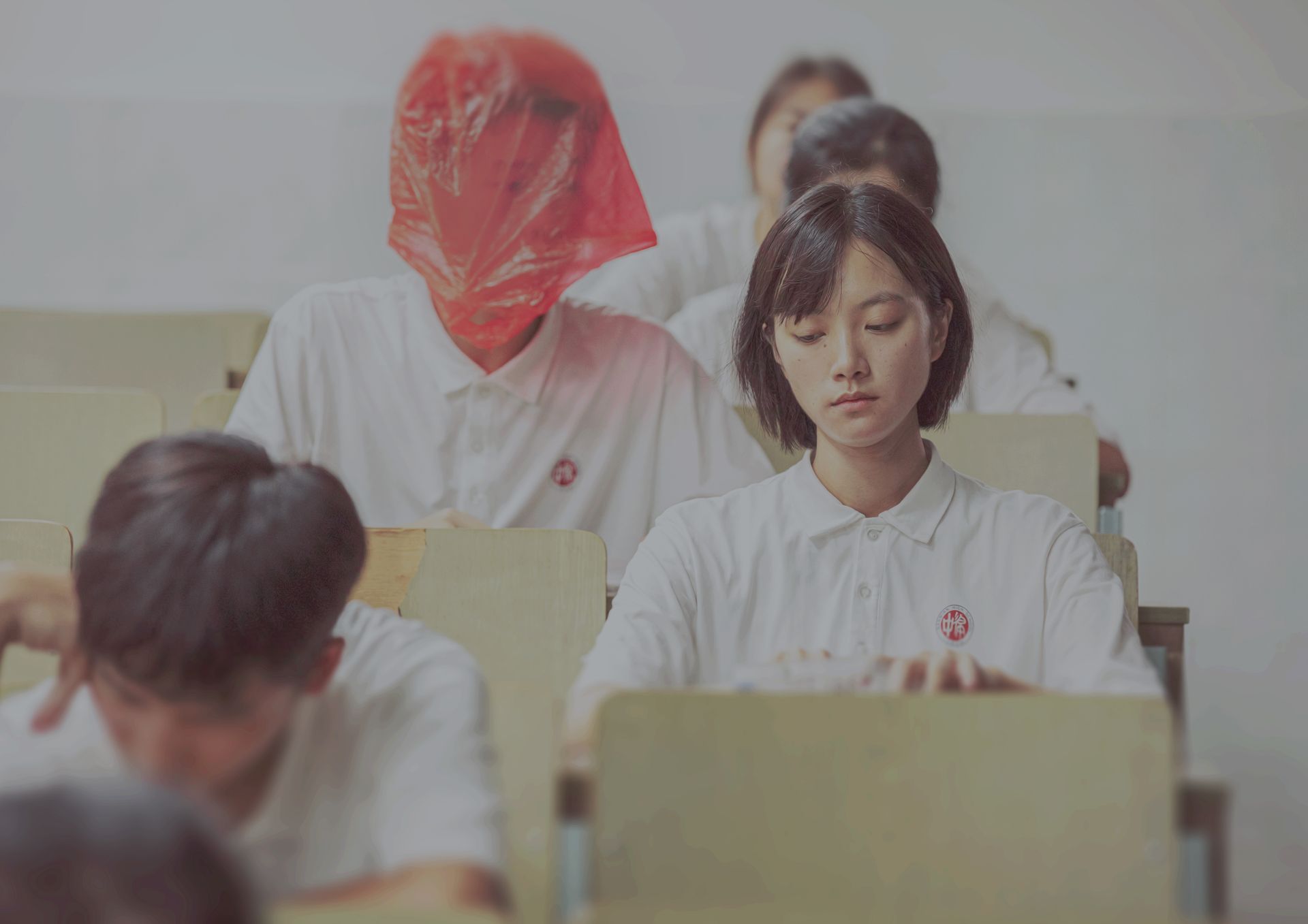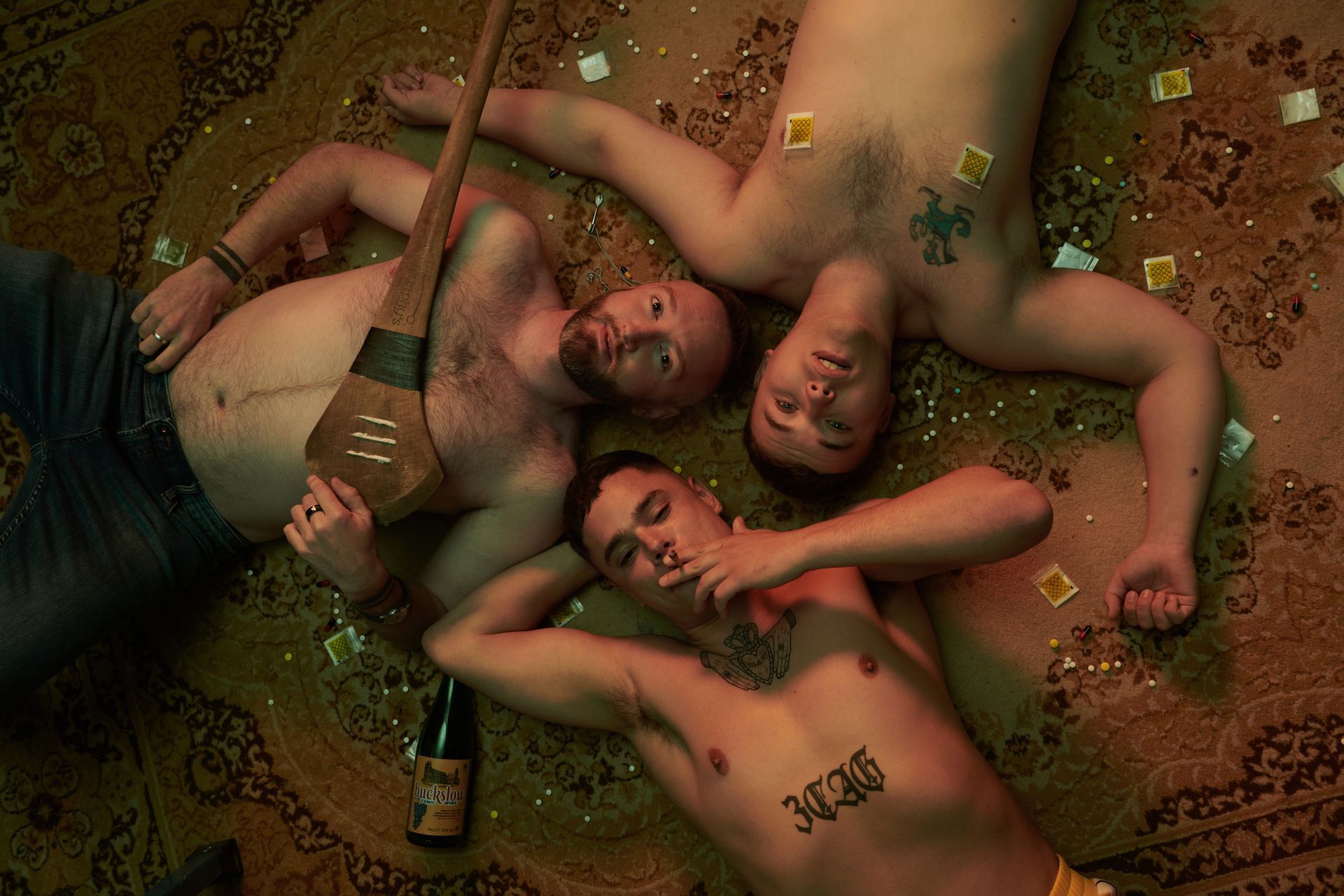SCFF 2025 Film Review: BEL AMI
SCFF Film Review:
BEL AMI
Freedom and Love, in Shades Beyond Black and White
Hegang, a small city in Northeast China, is the hometown of filmmaker Geng Jun. For over two decades, Geng has captured its spirit through a lens tinted with the dry humor native to China’s northeast.
Now, he returns with his boldest work yet: BEL AMI, a Chinese queer cinema. Sharing its title with Maupassant’s classic novel, ‘BEL AMI’ is, in Geng’s words, a “high-five between literature and film.” We are lucky to witness his tender exploration of queer romance.
In a snowbound border town, middle-aged Zhang Zhiyong finally decides to come out. Cautious and awkward, he drifts through the city in search of companionship, until a chance encounter with Xu Gang. Meanwhile, lesbian couple Liu Ying and Abu, under pressure from their families, attempts to borrow sperm to start a family — but control, trust, and vulnerability threaten to unravel their fragile arrangement.
BEL AMI garnered eight nominations at the 61st Golden Horse Awards, ultimately taking home four major prizes: Best Actor (Xue Baohe), Best Cinematography, Best Editing, Audience Choice Award for Best Film.
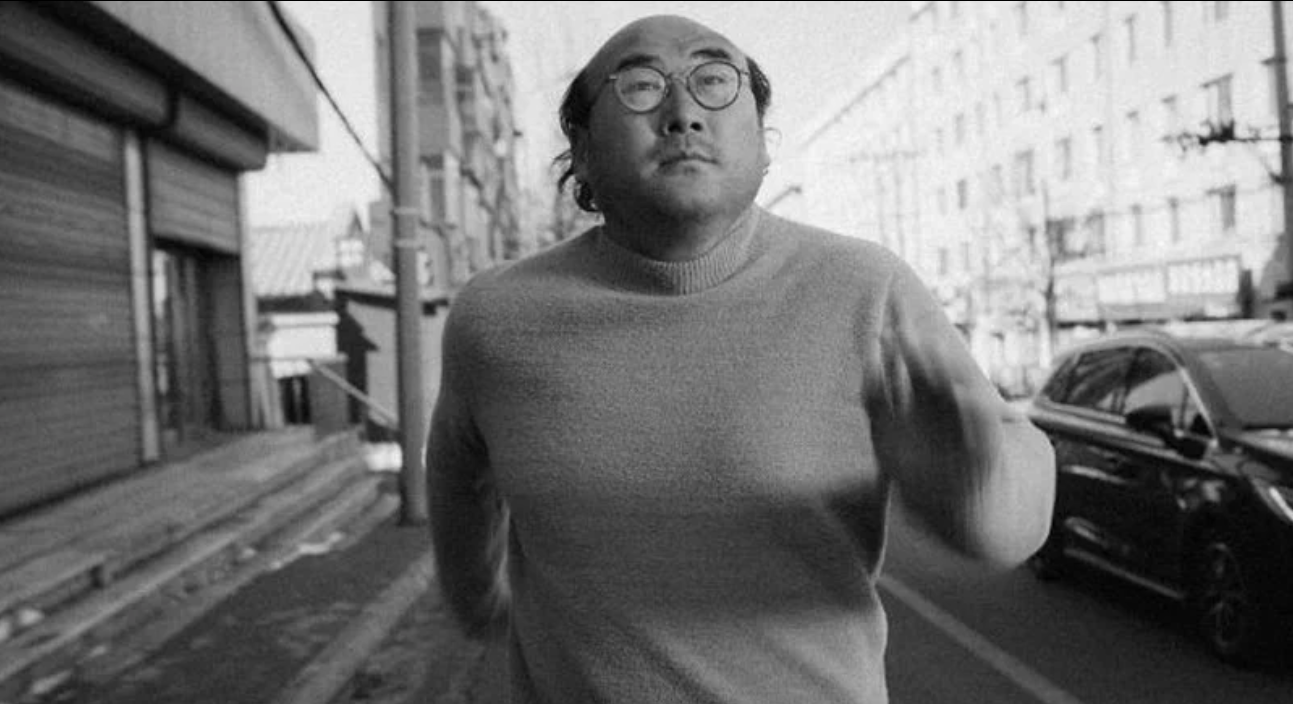
Behind these honours lies a fearless creative journey. I had the chance to interview director Geng Jun virtually and learned lots about the behind the scenes and his philosophies for filmmaking.
Conceived during the pandemic,a time Geng described as “the end of the world” BEL AMI reflects a deep yearning for freedom and connection.
Filming a queer love story among middle-aged men posed challenges, but Geng’s cast embraced it wholeheartedly. Through careful research and emotional commitment, they moved from initial uncertainty to fearless authenticity. A key nude love scene between the two leads was shot in just two hours, capturing a raw emotional intensity that exceeded expectations.
Visually, BEL AMI is strikingly composed. Most of the film is shot in black and white, with only a few final scenes blooming into colour. Geng chose this approach to sharpen the focus on the characters’ emotional landscapes, stripping away distractions to reveal raw, unfiltered feelings. Cinematographer and production designer Wang Weihua meticulously scouted locations, photographed scenes, drafted storyboards, and used a RED monochrome camera to maximize the expressive power of black-and-white photography. The transition to colour at the end, during a lesbian wedding photoshoot, serves as both a literal and symbolic burst of hope, underscoring Geng’s belief in love’s enduring vibrancy, even against a monochrome world.
The film’s soundtrack is equally deliberate. Geng includes the iconic 1990s Chinese pop song ‘A Big Tree’, a track that symbolises resilience and steadfast love; in a forest of countless trees, the true beloved is the only one that matters.
Dialogue, too, is crafted with precision. In scripting BEL AMI, Geng strove for a style that is concise yet profound, every line rich with meaning and humour. He even tailored the lines to fit each actor’s unique temperament, creating moments where the contrast between character and speech adds a touch of absurdist comedy to the film’s emotional depth.
BEL AMI marks a new chapter in Geng Jun’s filmmaking career. Through humour, tenderness, and a fearless embrace of complexity, he illuminates the radiant colours of love and freedom—hidden even in the coldest winter landscapes.
Wrapping up the interview, Geng Jun, who has yet to visit Singapore, said he looks forward to one day trading the freezing winters of Northeast China for Singapore’s tropical heat and vibrant spirit.
BEL AMI is screening at Singapore Chinese Film Festival 2025. For more information and tickets, visit:
scff.sg
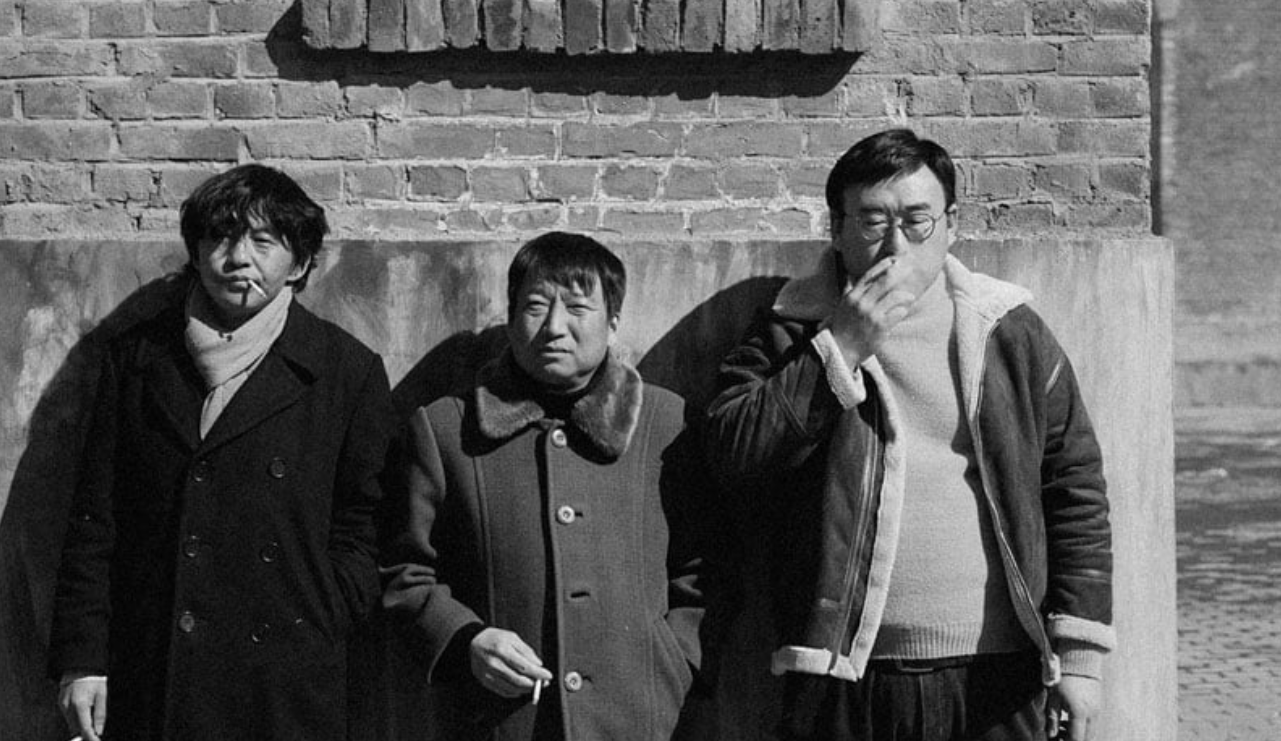
自由与爱,黑白的《漂亮朋友》里有缤纷色彩
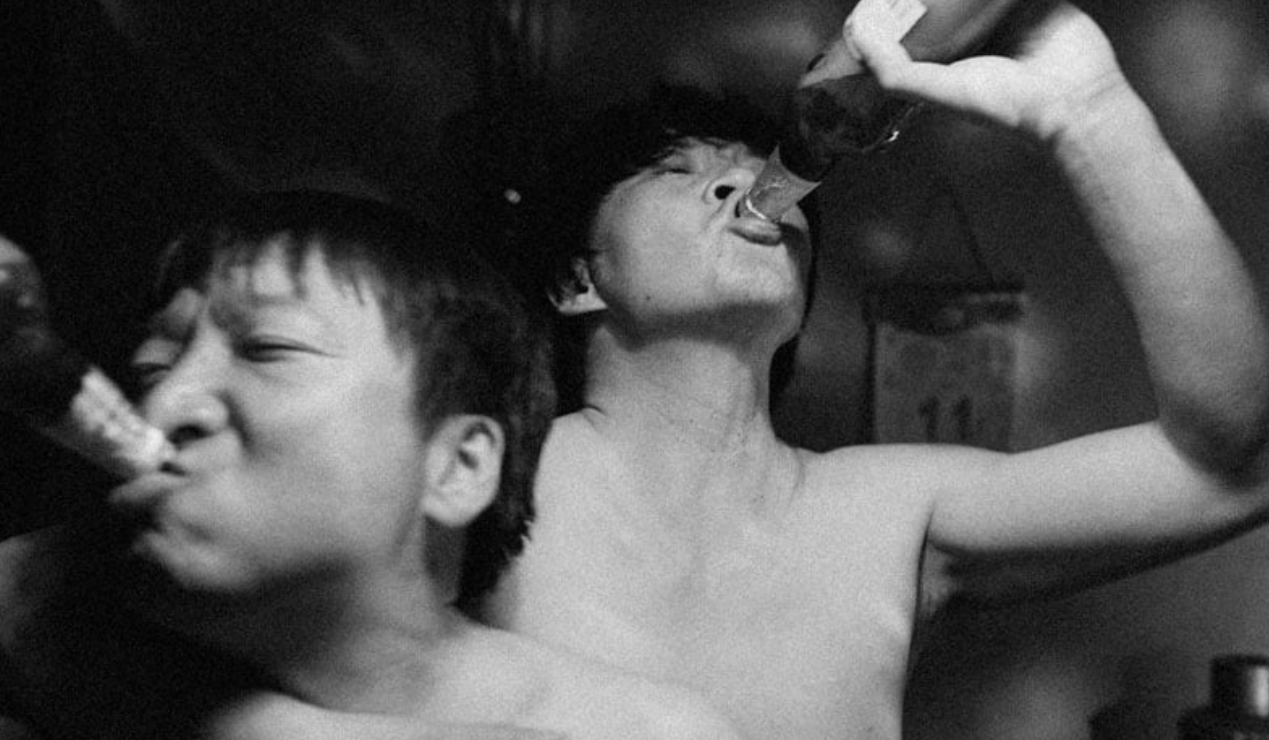
鹤岗,中国东北黑龙江省的一座城市。
耿军,这位“鹤岗籍导演”,二十年来持续用镜头记录这片土地。代表作包括《锤子镰刀都休息》、《轻松+愉快》和《东北虎》等。东北人骨子里的幽默基因,也成为他作品中不可或缺的底色。
这一次,他带来了被誉为“华语同志电影天花板与地板”的新作——《漂亮朋友》。影片与莫泊桑的小说《漂亮朋友》同名,正如耿军所言,这是一次“文学与电影的隔空击掌”。
幸运的是,我们在当下,见证了这样一场关于同性爱情的诙谐表达。
《漂亮朋友》讲述了边陲小城降起了雪,张志勇人到中年,决意出柜,谨小慎微寻寻觅觅,终和被年轻理发师男友分手的徐刚萍水相逢;与此同时,女同志情侣刘颖与阿布为了满足家庭期待,向理发师借精形婚求子。但在控制与被控制、信任与试探之间,原本简单的交易也险些走向失控。
影片获得2024金马奖八项提名,最终获得最佳男主角、最佳摄影、最佳剪辑,以及观众票选最佳影片四项大奖。如此多的殊荣背后,到底有哪些幕后故事呢?我们有幸对导演耿军进行了采访。
导演介绍说,本片的创作源于疫情期间,那种如世界末日般的压抑与束缚,反而更加激发了他创作爱情电影、表达自由与爱渴望的冲动。
让一群中年大老爷们儿拍恋爱戏,本来就是有难度的,更何况是尝试创作同性恋题材的内容。但令人惊喜的是,在耿军萌生念头后,几乎无需劝说,所有演员便达成了默契。在随后的创作过程中,演员们针对身边真实的同性情感故事进行了细致研究,从最初表演时的不自信,到最终全情投入,完全自如。其中有一场是两位男主角赤条条的情欲戏,大家起初还有些忐忑,可没想到仅用两小时,就完成了拍摄,呈现出的情感浓度甚至超出了导演和摄影师的预期。
影片的摄影风格鲜明,大部分都是黑白摄影,仅片尾少部分为彩色。导演说,他们希望通过黑白摄影,让二人世界中细微的情感与情绪的变化更为聚焦。作为摄影的王维华,同时兼任美术指导,在拍摄前期的勘景过程中,拍了大量的场景照片,绘制分镜,影片打下了坚实基础,并选用了RED黑白摄影机进行拍摄,充分展现了黑白影像的魅力。片尾彩色部分的出现,是两位女同拍摄婚纱照与婚礼的戏,则诠释了导演对爱情与未来生活的美好憧憬与想象。黑白与彩色的转换,不只是视觉上的变化,也是情绪与主题递进的隐喻。
谈到影片中音乐的使用,同样承载着导演的深意。比如,导演提到了一首90年代在中国广为流行的一首歌曲《好大一棵树》,不仅象征坚韧和依靠,也寓意着情人眼中,纵使有森林千重,唯独那一棵才是真爱。
不得不提的是影片中台词的创作。耿军在剧本创作时,力求言简意赅、句句到位。没有半句多余,每一句都耐人寻味。例如:
“爱到深处是互相为奴吗?爱到深处是互相给自由。
自由的对面是什么?自由的对面是自由。”
“来,来,来情欲的怀抱,这里最实在;
来,来啊,来自由的怀抱,这里最温柔。”
“来吧,一起创造人生污点吧。”
这些台词,既有哲理,又充满幽默感,成为影片中的经典桥段。令人称道的是,导演是完全基于对演员性格、气质,为角色量身打造的。他认为,通过让角色形象与语言表达形成强烈反差,能够让影片的喜剧感更加浓烈。
《漂亮朋友》,是耿军导演个人创作生涯的一次新突破。他在东北小城的冰雪之中,以喜剧的方式书写了爱、自由,让我们看到了生命中存在的缤纷色彩。
在采访的最后,耿军笑言,虽然从未到过新加坡,但他很期待可以在东北最寒冷的季节中,来到这里,感受热带的炙热与蓬勃的活力。
《漂亮朋友》将在“2025年新加坡华语电影节(Singapore Chinese Film Festival)”放映,更多信息请访问官方网站:scff.sg。
------------------------
About the author:
Rachel Xia is a film director from China who’s been in love with art since childhood. Turning that passion into a career? Pure joy. But where she really has fun is with sharing films and the emotions they bring. She respects every creator’s voice—it's the mix of different perspectives that makes life colorful.

